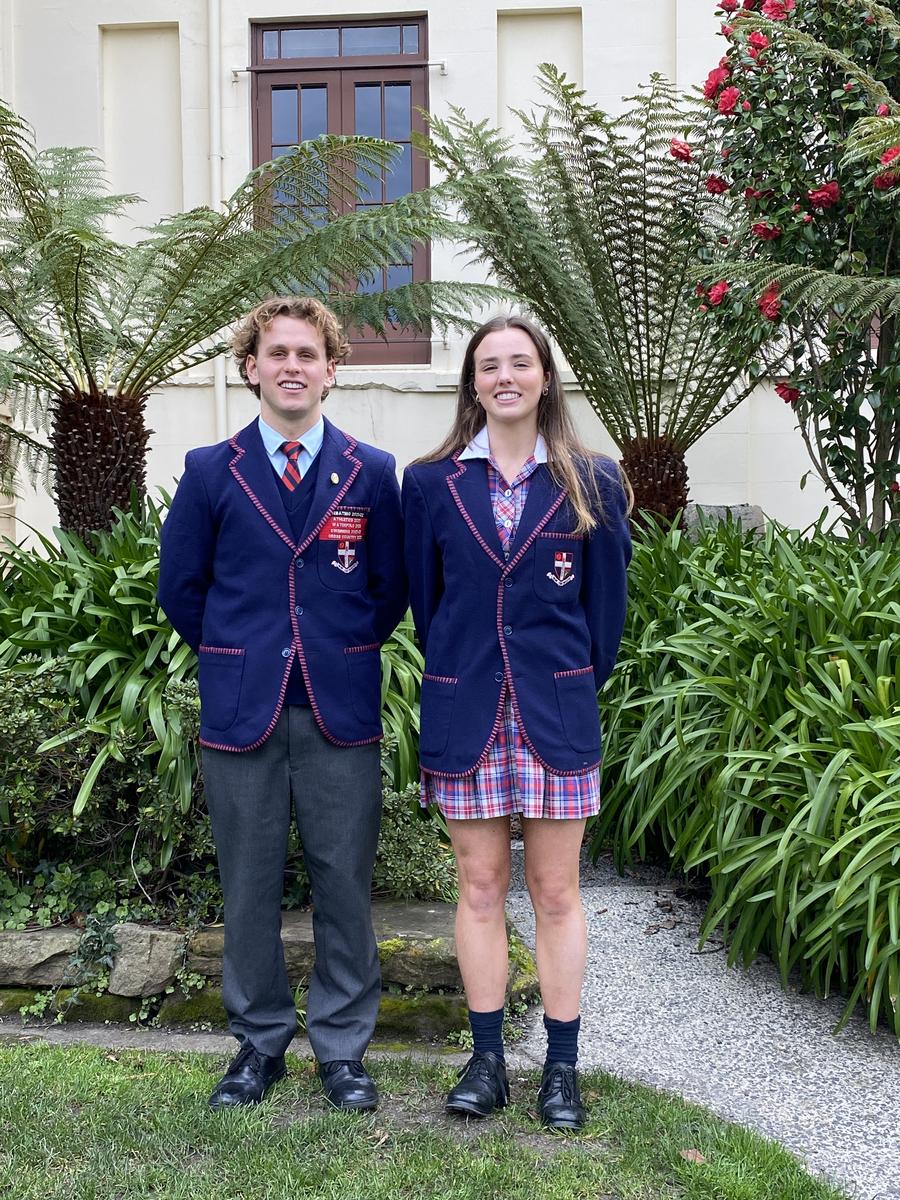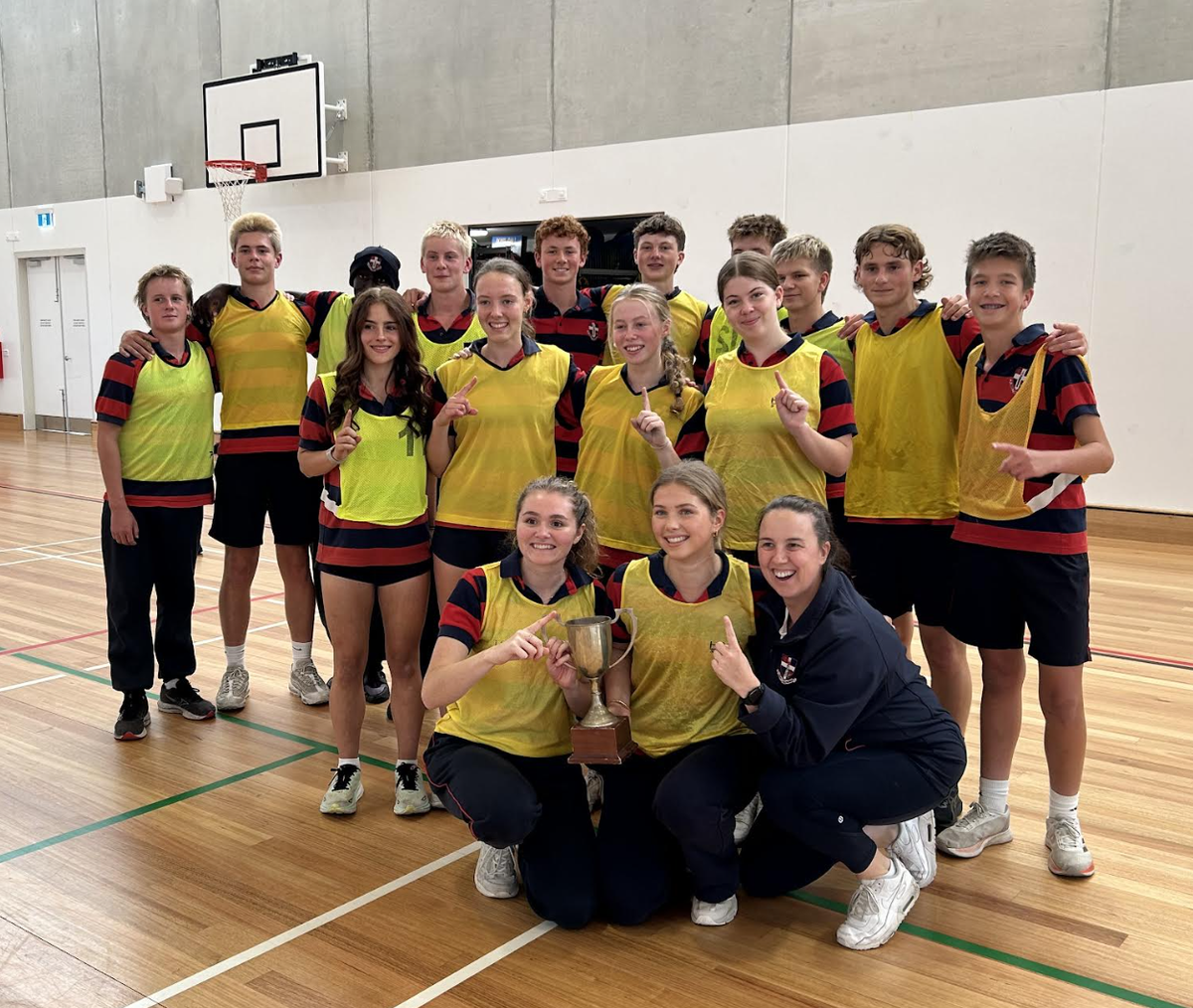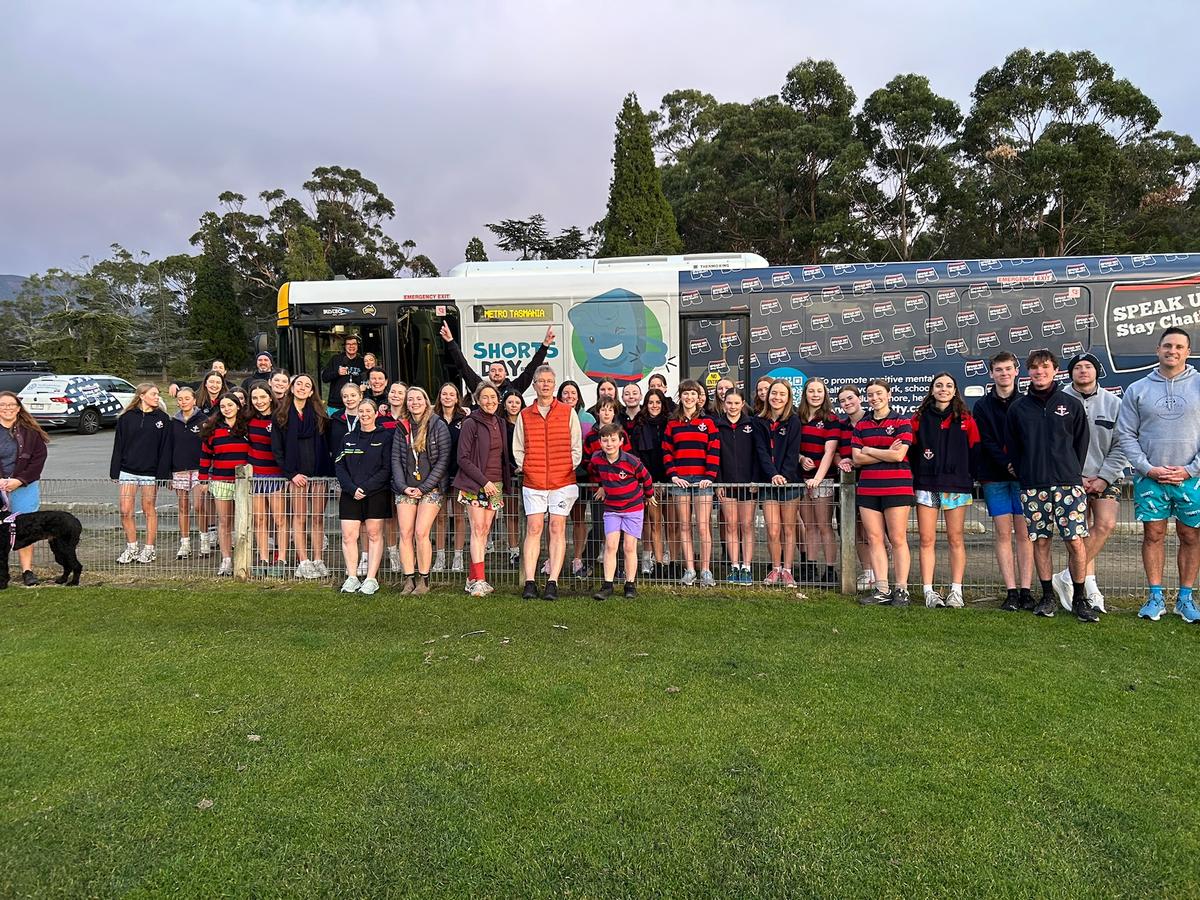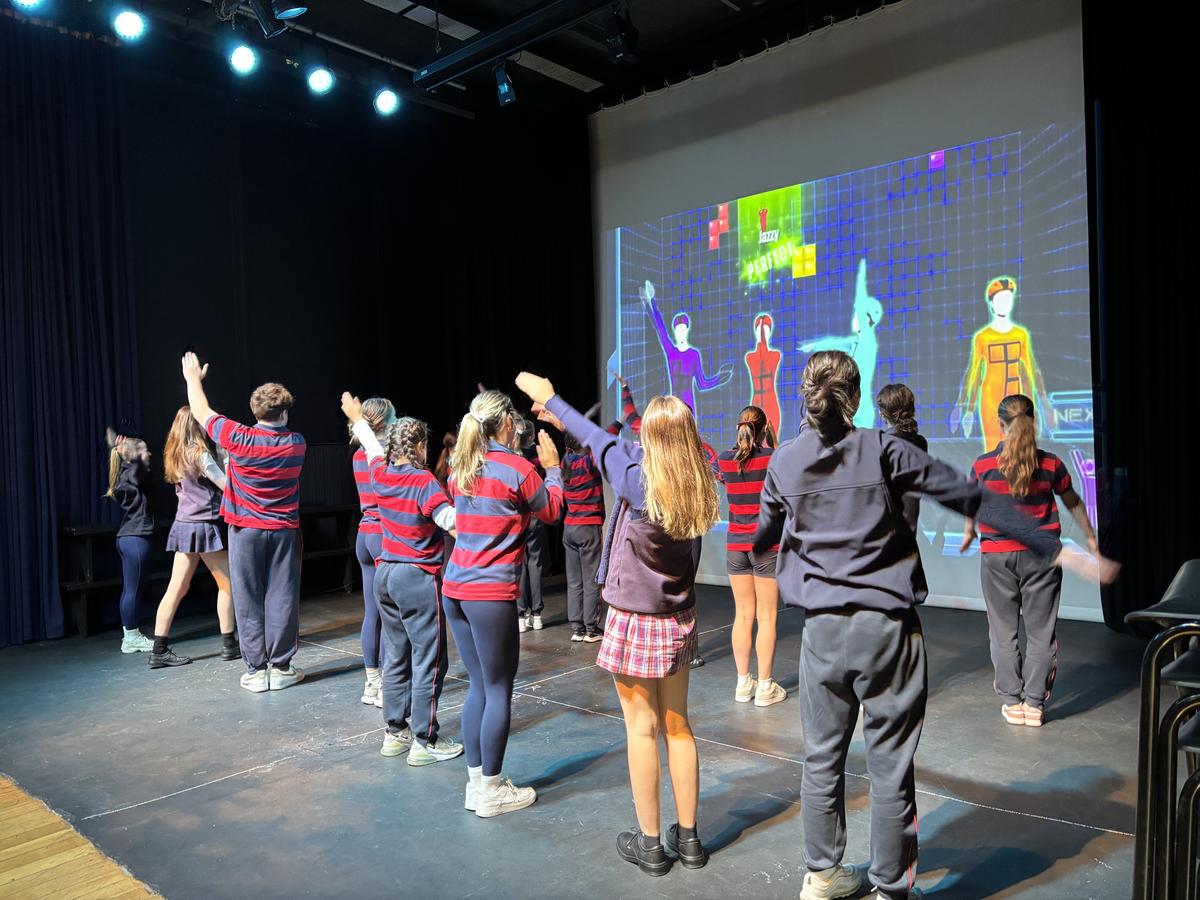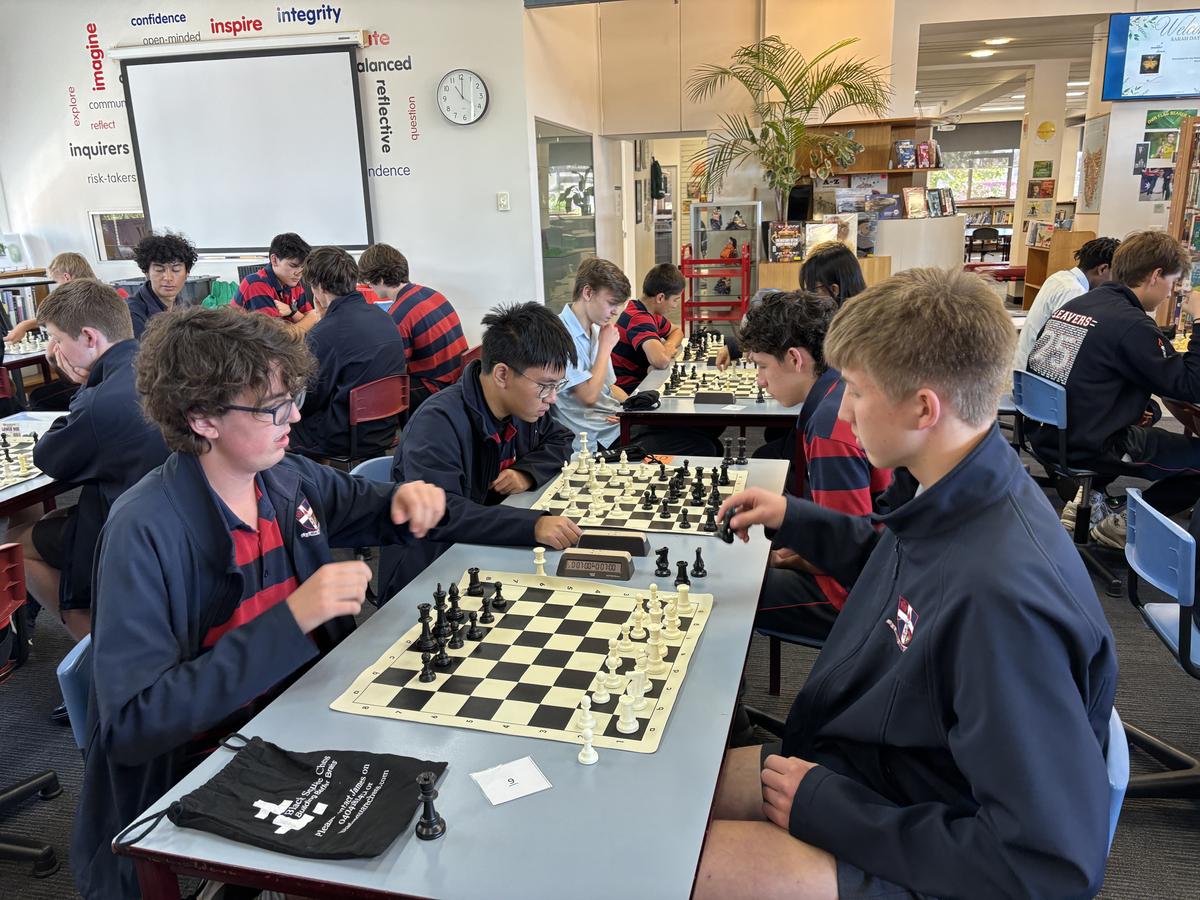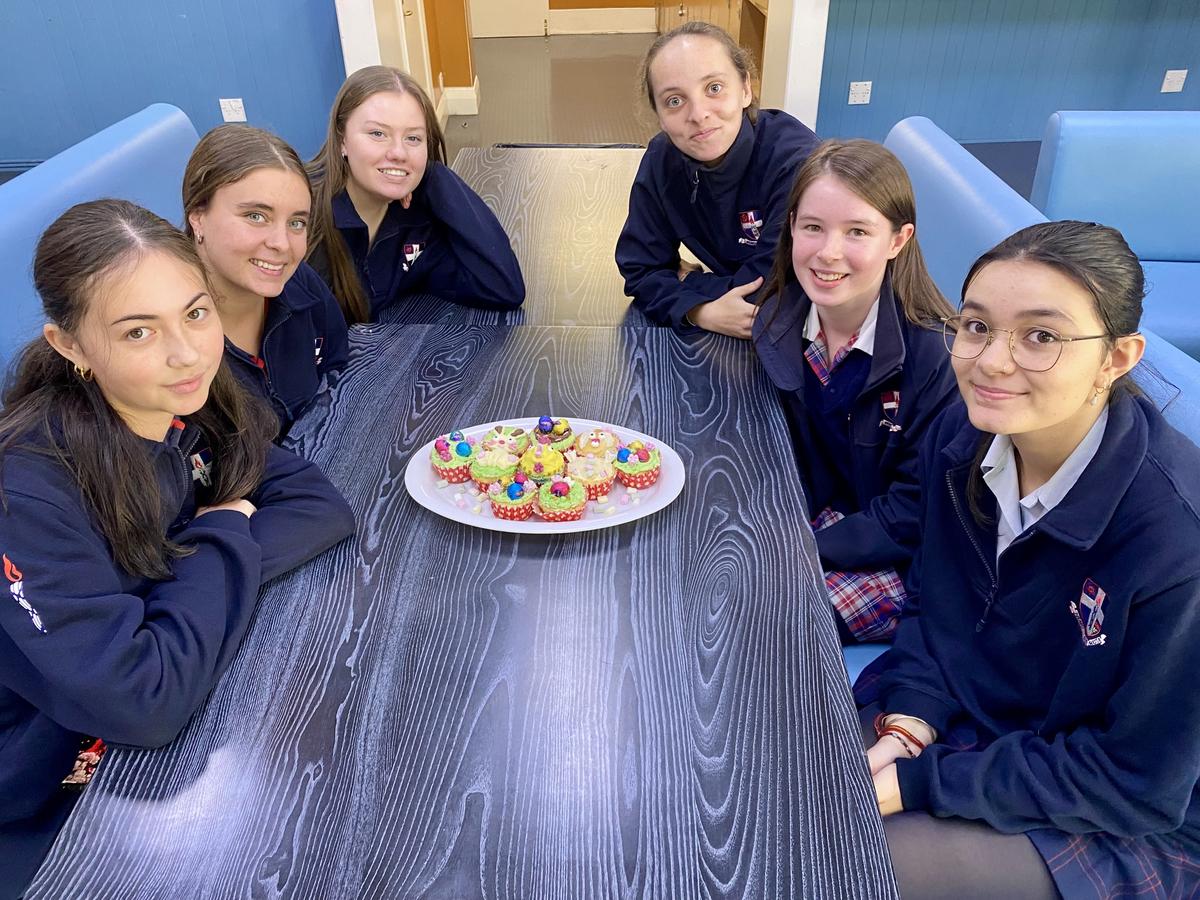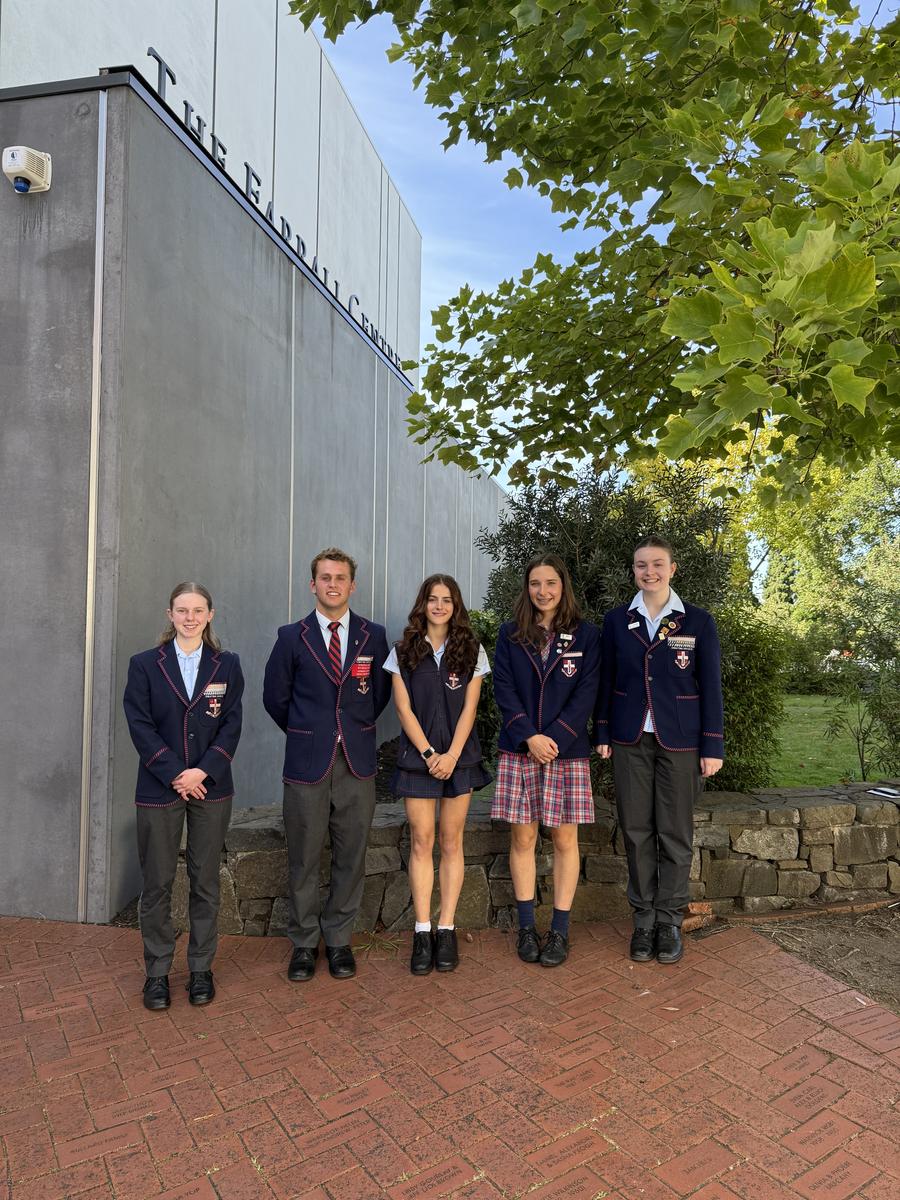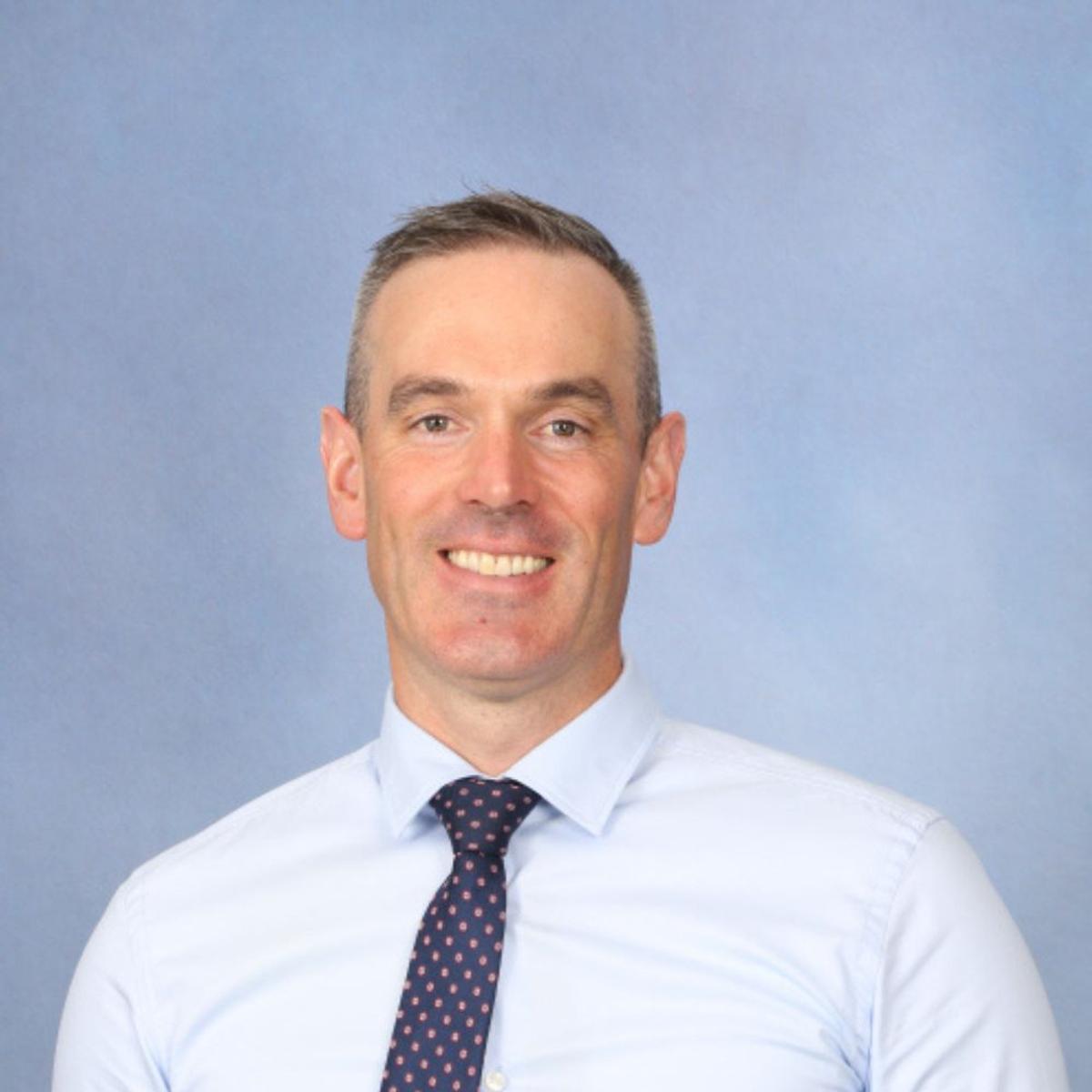Senior School Update
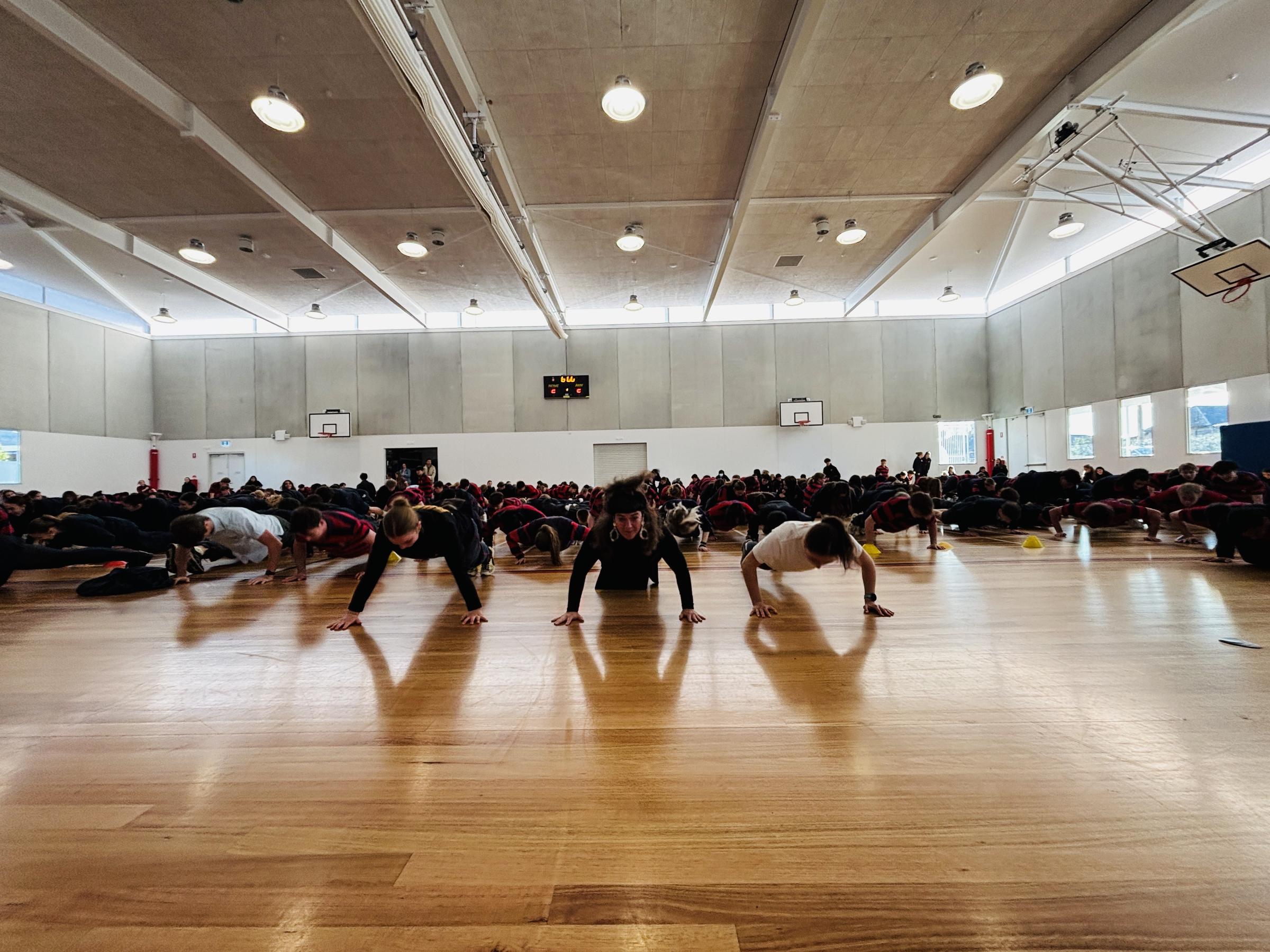
The Senior School has been bustling with activity throughout Term 2, with students building on the strong foundations of learning established last term. Alongside this, the winter months have brought a full program of sport, service, music, and other enrichment opportunities. A key goal of the Senior School is to foster student ownership and agency by encouraging students to step outside their comfort zones, embrace new experiences, and cultivate a passion for learning and engagement that extends well beyond the classroom walls.
One way we foster student agency is through the provision of leadership opportunities. The Senior School Student Council is a student-led representative body for Years 9 to 12, consisting of 34 members across all year levels. In keeping with the School’s Quaker ethos, being a member of the Council is about service, not status. Members are committed to serving their peers and the wider school community in line with the expectations outlined in their elected roles. To be nominated for election, students must demonstrate a track record of community service and participate in an interview process prior to a peer and teacher vote.
The Senior Student Council is led this year by Head Students Juliet MacIntyre and Sam Castle. The broader Council includes representatives from Years 9, 10, 11, and 12, as well as committee representatives. A separate process each year allows new students, diversity representatives, and international students to apply for positions that represent specific sectors of our school community.
The Council meets regularly—typically after school on Mondays and before school on Tuesdays. These meetings provide opportunities for committees to organise events and initiatives aligned with their responsibilities. Additionally, members are expected to participate in various Senior School committee meetings. For example, Service Representatives attend the weekly Stewardship Committee meeting. All Council members are also involved in promoting activities through social media and other communication channels. Importantly, leadership at Friends’ is not limited to the Council—any student in the Senior School is encouraged to contribute through committee involvement or by proposing and leading their own initiatives.
Life as a student leader is busy but deeply rewarding. Students work with a range of people, become actively engaged in the life of the School, and have a meaningful voice. They gain valuable skills including chairing meetings, managing committees, developing fundraising initiatives, handling budgets, communicating with large groups, responding to requests, and balancing these responsibilities alongside their academic commitments.
“A small body of determined spirits, fired by an unquenchable faith in their mission, can alter the course of history.”— Mahatma Gandhi
Student leadership meetings are conducted using the Quaker decision-making process—a consensus-based model that fosters clarity, thoughtful reflection, and collective discernment. This process relies on dialogue rather than debate and creates space for all voices to be heard, both supportive and critical. Consensus doesn’t always mean complete agreement but reflects a positive, workable solution that all participants can accept.
The following is an excerpt from the writings of Arthur Larrabee, General Secretary of the Philadelphia Yearly Meeting, as shared by Emily Higgs, Director of Quaker Affairs at Haverford College:
Sense of the Meeting and Consensus
Quaker-based decision-making process is called seeking a “sense of the meeting.” There are differences between sense of the meeting and consensus decision-making methods. The primary difference is that a sense of the meeting method consciously invites spiritual awareness and guidance, and a consensus method usually does not. Because of this difference, the “flavour” of the processes may be different. Sense of the meeting and consensus are often confused because they have in common a non-voting process.
A sense of the meeting is an awareness of the place to which the Spirit has led the group. When it is a shared awareness, we say that we are in unity.
Unity is sometimes confused with unanimity. In a Friends context, they are not the same. Friends will say with respect to a particular decision, “the meeting was in unity.” Friends will not say that the decision was “unanimous.” Unanimous means to be “of one mind,” but in Friends’ practice, it is not necessary to be in complete accord for the meeting to be in unity.
When someone is not in unity, yet is willing to let the meeting move ahead with the decision, the person may feel led to “stand aside.” A condition of standing aside is that the member be willing to support the decision made by those in unity.
A sense of the meeting process is a non-voting process that includes the following assumptions, characteristics and requirements:
1. That those using the process have a sense of community which they wish to preserve, and a shared sense of what the community is about;
2. That, using this process the group will be able to make good decisions which are not only inclusive, but which will strengthen the community in the process;
3. That the group, collectively, often has greater wisdom than any one or several individuals;
4. It is a listening process which rewards the ability to listen not only to what others are saying, but also for what the group is saying (the group’s energy);
5. It is a cooperative, non-adversarial process in which truth emerges in the group’s cooperation to find it, not by taking sides, or by an unyielding advocacy of one’s own views;
6. It is a discovery process in which the group comes to know what is right for it, at this time and in these circumstances, by thinking of its decision-making process as a process of discovery – discovering the truth for it inherent in the collective wisdom of the group;
7. That each person be willing to separate his or her own preferences from what may be a quite different, emerging, right outcome for the group.
The Senior School Council has worked hard to develop and implement a wide range of initiatives over the first two terms, including:
- House competitions in futsal, netball, and chess
- House Music
- New Student Lunch
- Talent Show
- Charity fundraiser for Share the Dignity
- Study Advice Group
- Sunrise Walk and Shorts Day BBQ
- Winter Coat Drive
I congratulate all of our Senior School student leaders on a successful and rewarding Term 2. Their energy, enthusiasm, and commitment play a vital role in shaping the culture of the Senior School and are a tangible example of putting into action the words of the Purpose and Concerns statement.
Adam Chambers - Head of Senior School (Years 9 to 12)

